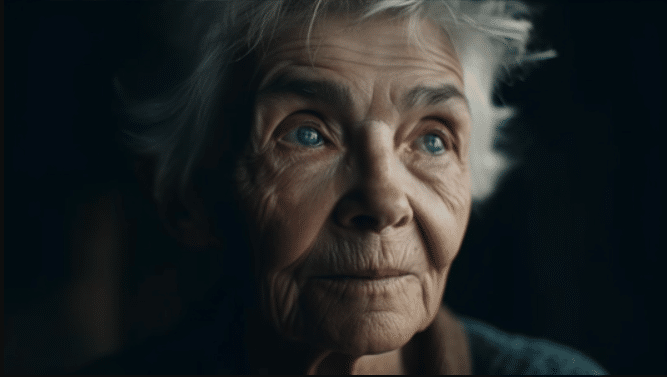Swiss-American psychiatrist Elisabeth Kübler-Ross introduced the concept of the stages of grief in her 1969 book, “On Death and Dying.” The five stages of grief are often referred to as the Kübler-Ross Model. While the grieving process can differ for each person, these stages provide a general framework for understanding the emotions and reactions one might experience during a loss period.
The Stages of Grief
- Denial: This is the initial stage of grief, where individuals may have difficulty accepting the reality of the loss. They might feel numb or in shock and believe the situation isn’t real. Denial serves as a defence mechanism, allowing the individual to process the loss slowly and avoid becoming overwhelmed by emotions.
- Anger: As the reality of the loss begins to sink in, feelings of anger may emerge. This anger can be directed at various targets, such as oneself, the person who has passed away, medical professionals, or even higher power. The anger often stems from a sense of helplessness and a feeling that the loss is unfair.
- Bargaining: During the bargaining stage, individuals may try to negotiate with a higher power or conscience to alleviate the pain of their loss. They might make promises or sacrifices in exchange for the possibility of reversing the situation or alleviating their emotional suffering.
- Depression: As individuals begin to acknowledge the permanence of the loss, they may experience deep sadness and despair. They might withdraw from social activities, have difficulty sleeping, or lose interest in things they once enjoyed. This stage of grief is a natural response to the overwhelming feelings of loss and may require support from friends, family, or a mental health professional.
- Acceptance: The final stage of grief is acceptance. This stage does not imply that the person is over the loss or has stopped feeling pain, but rather that they have come to terms with the reality of the situation. Acceptance allows individuals to move forward, adjust to life without the lost loved one, and find ways to connect to that person’s memory.
It’s important to note that not everyone will go through these stages in a linear process, and some people may not experience all the stages. The grieving process is highly personal and can take varying amounts of time for different individuals. It is crucial to be patient with oneself and others during the grieving process and to seek support from friends, family, or mental health professionals when needed.
How Can Bereavement Counselling Help?
Bereavement or grief counselling is a therapeutic approach designed to help individuals cope with the emotional, cognitive, and social challenges that arise after experiencing a loss. Bereavement counselling can be beneficial in several ways:
- Emotional support: Counsellors provide a safe and non-judgmental space for individuals to express their feelings and emotions. They validate and normalise the grief experience, helping clients understand that their emotions are a natural part of the grieving process.
- Grief education: Counselors can help clients understand the stages of grief and the various emotions they might encounter throughout the grieving process. This understanding can help clients feel less overwhelmed and more prepared to face their emotions.
- Coping strategies: Bereavement counsellors can teach clients healthy coping mechanisms to manage their emotions, such as journaling, mindfulness exercises, or engaging in creative outlets. These strategies can help individuals process their feelings and gain a sense of control over their grief.
- Encouraging social support: Grief can often lead to isolation, and bereavement counsellors can help clients identify and engage with support systems, such as friends, family members, or support groups. Building and maintaining social connections can be crucial for emotional healing.
- Addressing complicated grief: In some cases, individuals may experience complicated grief characterised by prolonged and intense sadness, difficulty moving on, or preoccupation with the loss. Bereavement counsellors can identify complicated grief and provide appropriate interventions to help clients.
- Adaptation and personal growth: Counsellors can help clients adapt to life without their loved ones and establish a new sense of normalcy. They may also encourage personal growth by helping clients explore the meaning of their loss and find ways to maintain a connection to the deceased.
- Prevention of mental health issues: By addressing grief and providing support, bereavement counselling can help prevent mental health issues, such as depression or anxiety, which can arise due to unresolved grief.
In summary, bereavement counselling provides emotional support, education, and tools to help individuals navigate the grieving process healthily and adaptively. It is essential to recognise that everyone grieves differently, and that seeking professional help can be a valuable resource for those struggling to cope with their loss.


